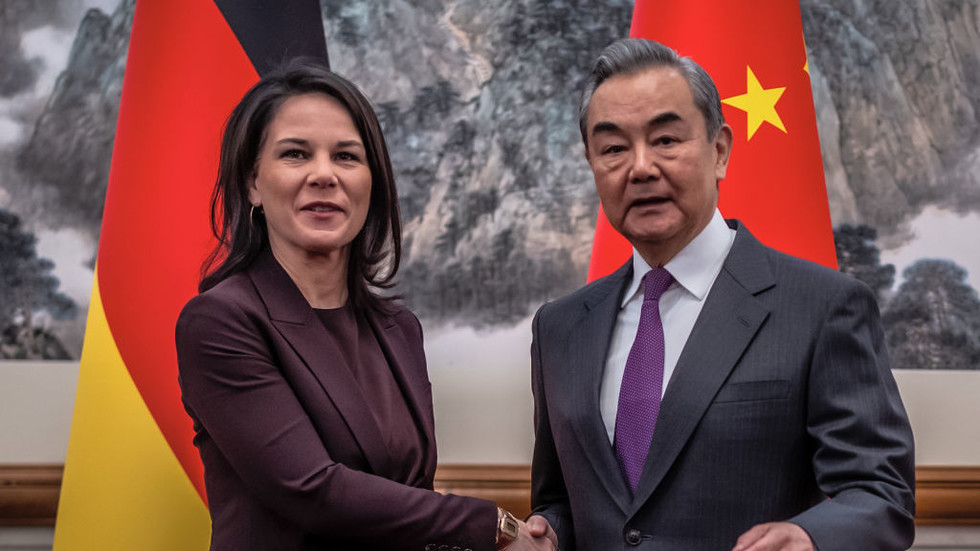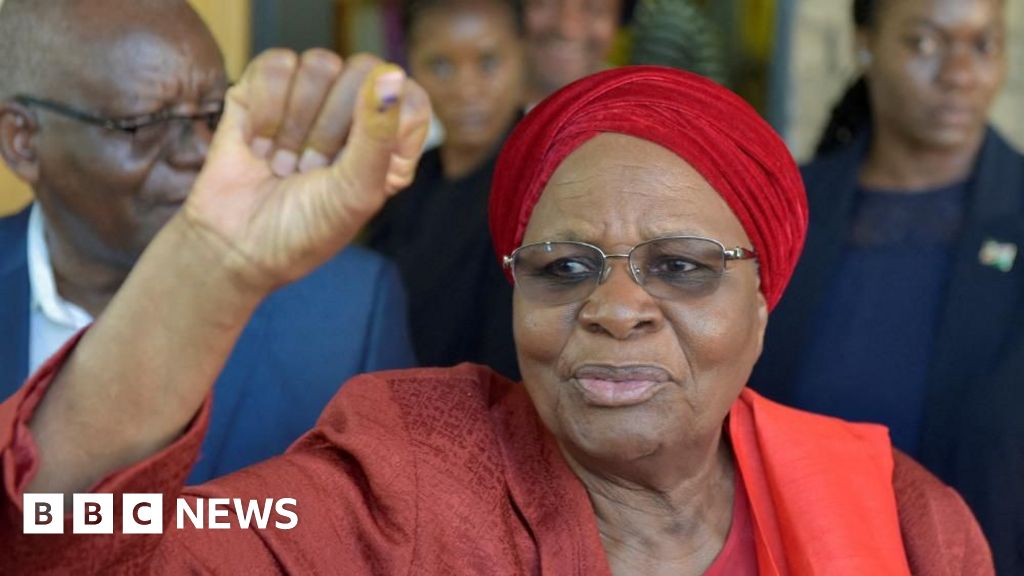Workers producing pure electric vehicles at a Volkswagen (Anhui) workshop in Hefei, China, on Sept. 25, 2024.
Cfoto | Future Publishing | Getty Images
Beijing will avoid escalation of its dispute with the European Union over tariffs on its electric vehicles, industry watchers said, a day after China again approached the World Trade Organization for resolution.
China's commerce ministry said Monday that it had filed an additional appeal with the WTO over the EU's tariffs on its EVs, as bilateral talks have yet to lead to a breakthrough.
The move is "a warning shot against Europe to show that it [China] is strong but won't go too far," Shaun Rein, managing director of China Market Research told CNBC, who expects China's response to be "measured" as it seeks closer economic relations with Europe amid intensifying tensions with the U.S.
Since the tariffs came into effect last Wednesday, both sides have explored the possibility of setting minimum price commitments from Chinese car producers, as an alternative to the tariffs. The EU reportedly accounted for more than 40% of Chinese EV exports in 2023.
China will put its "best foot forward and make every effort" to find a middle ground with the EU, said Sam Radwan, chief executive of consultancy Enhance International.
He said that it was unlikely that the China-EU dispute would not escalate to the same level as the Washington-Beijing spat — U.S. has announced 100% tariffs on Chinese EVs — noting the EU's heavy reliance on China in their EV value chain.
EU has raised its tariffs to as much as 45.3% on Chinese EVs following an year-long investigation. The measures had prompted Beijing to target European exports such as pork, dairy and brandy products.

European trade officials were still in talks with Chinese counterparts, European Commission's vice-president Maros Sefcovic told a parliamentary committee on Monday. He described China as the "most challenging trading partner" for EU, adding that the bloc needs to be "more assertive in challenging China's structural imbalances and unfair practices."
"EU is not interested in trade wars, we are looking for rebalancing our relationship with China in areas where we feel our relationship is not fair," Sefcovic said.
China in August had filed a complaint under the WTO dispute settlement mechanism against EU's subsidy duties on EVs.
China will "seek every possible avenue to pressure the EU into lowering tariffs," Eugene Hsiao, head of China Autos at Macquarie Capital said. "If a lower tariff is agreed upon, this could impact the level of investment Chinese EV makers would look to place into local production in the EU."
Reuters reported last week that China had asked its automakers to stop large investment plans such as building factories in European countries that supported the tariffs. The automakers were "encouraged" to invest in countries that voted against the tariffs, the report said.
EU members including France, Poland and Italy supported the tariffs in a vote in October. Five members including Germany, the EU's biggest economy and major car producer, opposed tariffs in the vote.
China's commerce minister Wang Wentao urged France to "take on an active role" in pushing the EU towards a solution acceptable to both the European and Chinese electric vehicle industries, according to the official readout of Wang's meeting on Sunday with French junior trade minister Sophie Primas.
Primas reportedly told Wang that EU would continue to trade with China but would not "yield to pressure on the essential points."

.png) 4 weeks ago
13
4 weeks ago
13









